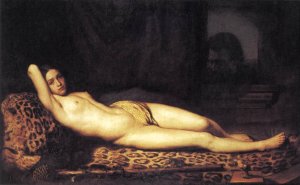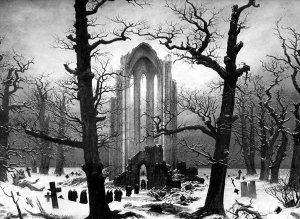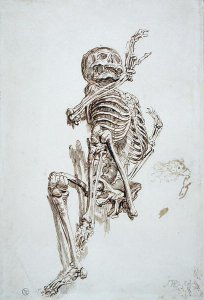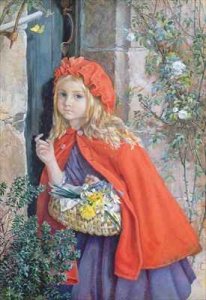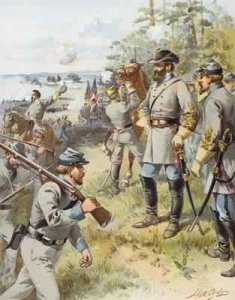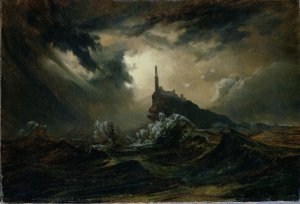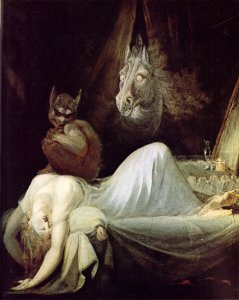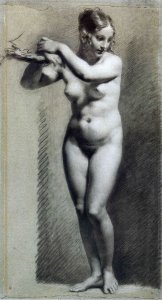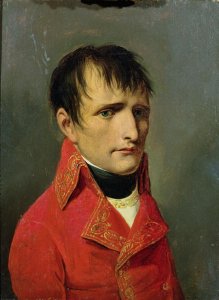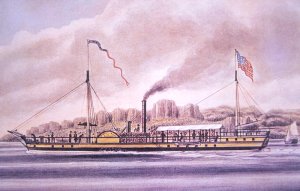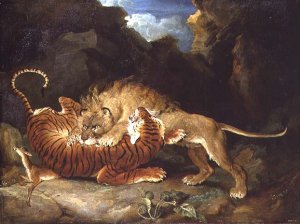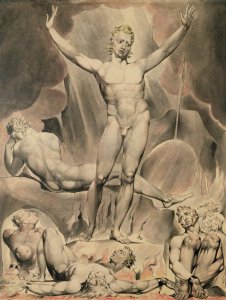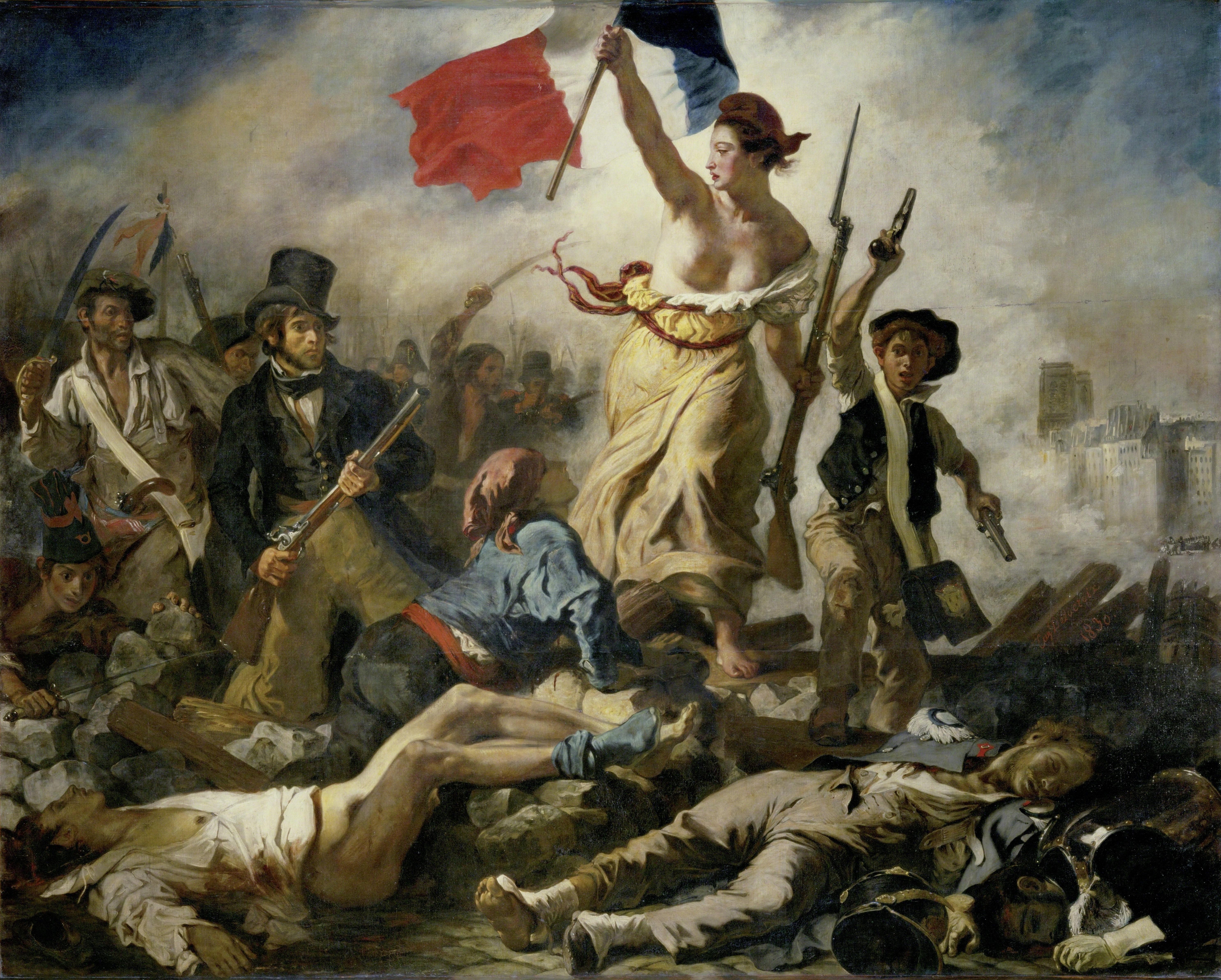
Romanticism
Romanticism is a complex artistic, literary, and intellectual movement that originated in the second half of the 18th century in Western Europe, and gained strength during the Industrial Revolution. It was partly a revolt against aristocratic social and political norms of the Age of Enlightenment and a reaction against the scientific rationalization of nature, and was embodied most strongly in the visual arts, music, and literature.
The movement stressed strong emotion as a source of aesthetic experience, placing new emphasis on such emotions as trepidation, horror and awe-especially that which is experienced in confronting the sublimity of untamed nature and its picturesque qualities, both new aesthetic categories. It elevated folk art and custom to something noble, and argued for a "natural" epistemology of human activities as conditioned by nature in the form of language, custom and usage.
Our modern sense of a romantic character is sometimes based on Byronic or Romantic ideals. Romanticism reached beyond the rational and Classicist ideal models to elevate medievalism and elements of art and narrative perceived to be authentically medieval, in an attempt to escape the confines of population growth, urban sprawl and industrialism, and it also attempted to embrace the exotic, unfamiliar and distant in modes more authentic than chinoiserie, harnessing the power of the imagination to envision and to escape.





